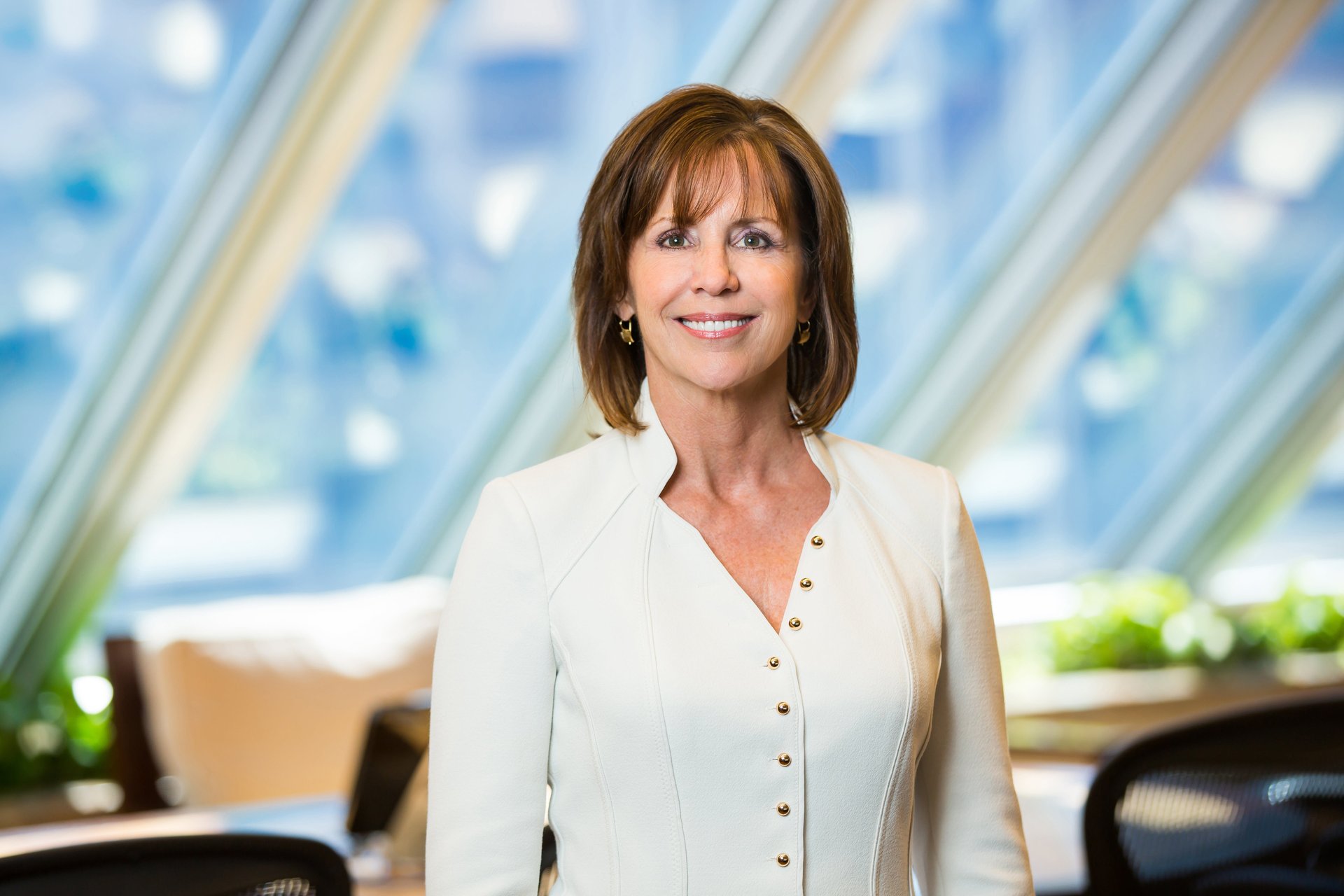Risk-taking can be hard for women–but worth it, says this philanthropist
It was 1988. Jean Case had a good job in strategic marketing at General Electric, then the most valuable company in the world. But she was intrigued by the work of a small startup down the street called America Online (AOL). “I was really focused on the risk of not taking the risk,” Case recalled to Quartz. “I knew I didn’t want to miss that opportunity, and that it could be transformational, which it ended up being.” She rose through the ranks, eventually working as the company’s vice president of corporate communications until she left in 1996. In the years since, Case has made philanthropy her full time job: she’s now the CEO of the Case Foundation and the chairman of the National Geographic Society.


It was 1988. Jean Case had a good job in strategic marketing at General Electric, then the most valuable company in the world. But she was intrigued by the work of a small startup down the street called America Online (AOL). “I was really focused on the risk of not taking the risk,” Case recalled to Quartz. “I knew I didn’t want to miss that opportunity, and that it could be transformational, which it ended up being.” She rose through the ranks, eventually working as the company’s vice president of corporate communications until she left in 1996. In the years since, Case has made philanthropy her full time job: she’s now the CEO of the Case Foundation and the chairman of the National Geographic Society.
Leaving a stable job for a scrappy startup isn’t necessarily the most common path for women, who have been socialized (pdf) to be more risk-averse than men. “We [women] are often the caretakers, whether it’s younger siblings, the children we’re raising, aging parents, you name it—it’s often women who are in that role,” Case says. Because those roles tend to require us to mitigate risk, she says, “it comes a little more naturally for us to first go to the downside of risk—it does for everyone, but I think more so for women.” It’s important for everyone, but especially for women, she says, to “do the hard job of thinking about the upside of risk.”
Women should take risks because they’re critical to success. Without them, we’d never create innovative companies or products. We’d never find new opportunities or ascend to new levels of success. Outside of work, risks are what help us feel adventurous and alive.
Of course, not all women are in a position to take those kinds of professional risks. Taking care of children or aging parents or being the primary breadwinner can make it feel scarier to put that income in danger. Some may naturally just be risk-averse, Case says.
But that initial jolt of fear in taking a risk shouldn’t be enough reason not to take it. In her book Be Fearless: 5 Principles for a Life of Breakthroughs and Purpose, published earlier this year, Case outlines five principles for entrepreneurs to succeed, including making big bets, being bold and take risks, and making failure matter. For women, these principles often take on added weight, Case says. Although the book is called Be Fearless, Case knows you can’t eliminate fear altogether. In fact, fear is all part of the equation. “You have to stare fear down, straight in the eye, and push past it,” she says.
Case acknowledges that this is easy to say and much harder to do. If you’re not quite ready to tackle Case’s principles head-on, she has a smaller suggestion for women who find themselves in situations like being alone in a meeting full of men: “Own it as a superpower,” she says. After all, the data is on their side; a 2018 study from the Boston Consulting Group found that more diverse companies perform better financially.
“I would say to women particularly, if they’re the only one seat at the table–and too often even in 2019 that’s still the case–think of yourself as the secret sauce, that without you at the table, you wouldn’t be as effective as a team.” Case says. “When you’re sitting in the room and there’s only one or two of you, and you’re feeling a little uncomfortable with that, turn that into a superpower: ‘I might be the one to add the perspective that was otherwise missing today that could make us great.’”
This story is part of How We’ll Win in 2019, a year-long exploration of the fight for gender equality. Read more stories here.